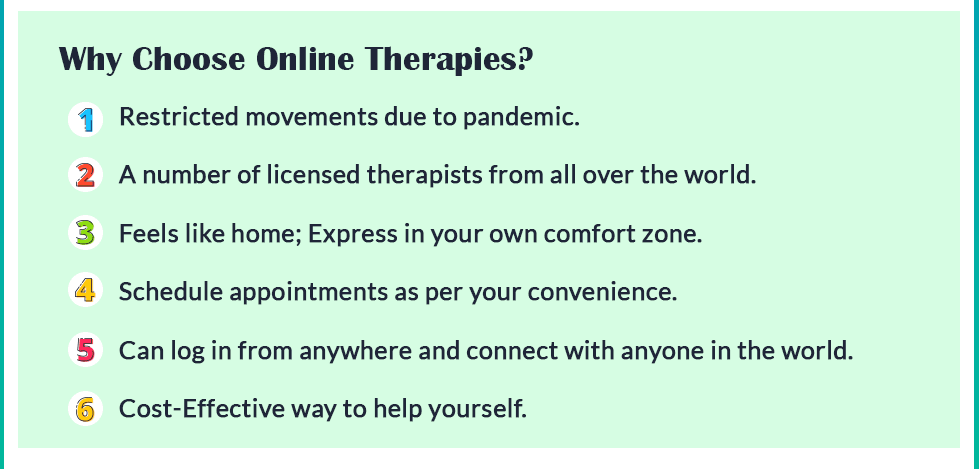Parasomnia Sleep Disorder, What Is It? | Symptoms, Causes, & Treatment

Do you often sleepwalk? Or experience night terrors quite frequently? If you do, then you might be dealing with a sleep disorder known as parasomnia. It is a condition where a person normally experiences unusual and abnormal behavior while sleeping.
These said behaviors can occur at any stage of sleep. From the transition between wakefulness, NREM sleep, or REM sleep – parasomnia can occur.
Parasomnias are common but they can disrupt a restful sleep not only yours but also those near you. This disorder can be dangerous as well because most of the time a person doesn’t remember what they’ve done or are completely aware of their surroundings.
Types Of Parasomnia
Some parasomnia appears during the non-rapid eye movement or NREM stage while some appear later during the rapid eye movement or REM stage of sleep.
1. NREM Parasomnias
Confusional Arousals: Signs of this state occur in the form of dilated pupils, accelerated breathing, accelerated heart rate, and sweating.
Sleepwalking: It is also known as somnambulism. People in this state walk around with limited awareness of their surroundings.
Night Terrors: Also known as sleep terrors. People with this condition often scream while sleeping and are not normally responsive to their surroundings. They also aren’t able to recollect their experience once awake.
2. REM Parasomnias
REM Sleep Behavior Disorder (RSBD): People with this parasomnia experience unusual talking or movements during their sleep.
Recurrent Isolated Sleep Paralysis: People with this condition experience temporary paralysis either before they go to sleep or after waking up.
Nightmare Disorder: People with this sleep disorder experience highly unpleasant yet vivid dreams which causes them fatigue and distress.
Other Parasomnias are:
- Sleep-related groaning
- Bedwetting
- Teeth-grinding
- Sleep-related eating disorder
- Sleep texting
- Exploding head syndrome
- Sleep-related hallucinations
- Sleep-related scratching
Symptoms Of Parasomnia
Apart from abnormal sleep behavior, parasomnia can have other symptoms like:
- Waking up disoriented
- Waking up confused
- Not being able to remember your activities
- Finding unfamiliar bruises on your skin upon waking up
- Have trouble sleeping restfully all night
- Experiencing sleep deprivation and daytime sleepiness
You can maintain a journal of your symptoms before reaching out to your doctor for proper treatment.
Causes Of Parasomnia
There are many things and situations that can cause parasomnia to develop. Some of them are:
- Stress
- Anxiety
- Depression
- Post-traumatic stress disorder (PTSD)
- Substance abuse
- Side-effects of certain medications
- Irregular sleeping patterns
- Other sleep disorders
- Sleep deprivation
- Psychotic or neurological disorders
Children are more likely to be affected by parasomnia than adults. Children with ADHD or any other neurological disorders are more at risk to develop parasomnia.
If your child is experiencing such conditions, then it is recommended that you reach out to your child’s physician or a professional sleep specialist for help.
Treatment For Parasomnia
1. Cognitive-Behavioral Therapy
CBT is one of the most common psychotherapy techniques to treat certain disorders. Why CBT? Parasomnia often occurs because of stress and anxiety, hence, cognitive-behavioral therapy. This therapy can help reframe your negative behavior and thoughts to positive ones.

Other therapies than CBT used can be relaxation therapy, aromatherapy, and hypnosis therapy. It is recommended you speak to a professional sleep specialist before finalizing a therapy option.
2. Medications
Certain medications can help treat the symptoms of parasomnia. Medications like antidepressants, dopamine regulators, and melatonin can help. It is also likely that your parasomnia is a result of taking certain medications, therefore it is suggested that you speak to your doctor about your symptoms first.
If you’re thinking of taking medications, then please consult a physician before taking any.
3. Home Precautions
It is important to recognize the symptoms of parasomnia so you can take proper precautions like securing all doors and windows with proper locks, removing all weapons or anything sharp from your vicinity, and putting a mattress on the floor to provide additional padding, just in case.
Final Words
Parasomnia can make getting proper rest difficult and it can also increase the risk of self-injury and accidents. Parasomnia, with the help of proper treatment and precautions, can be treated. It is important to note that this disorder occurs due to stress and anxiety.
If your condition is making your life and getting a restful sleep difficult then it is recommended that you talk to a sleep specialist and get help.
“A well-spent day brings happy sleep.” – Leonardo da Vinci
Be well rested as tomorrow is another day!




















